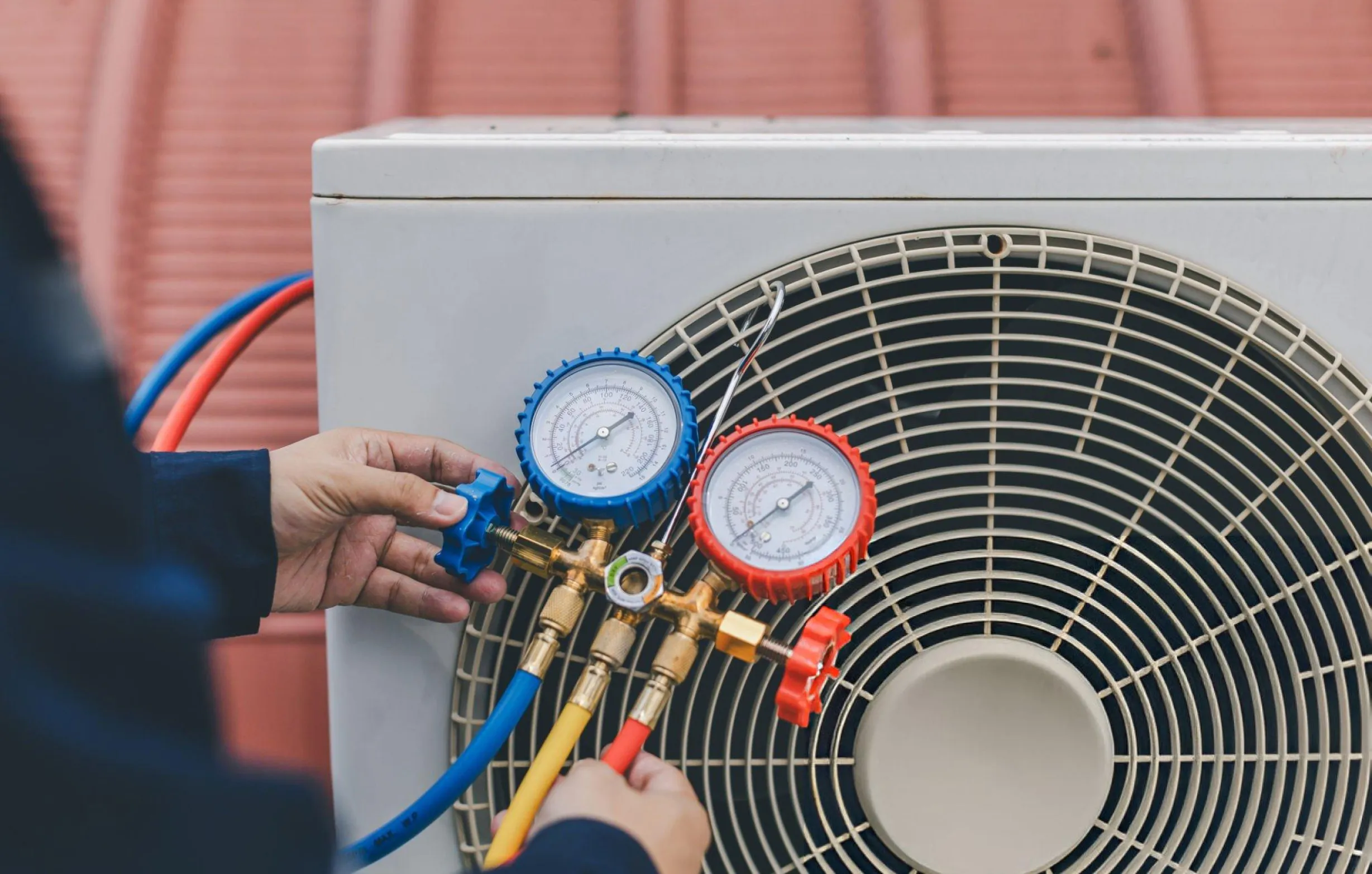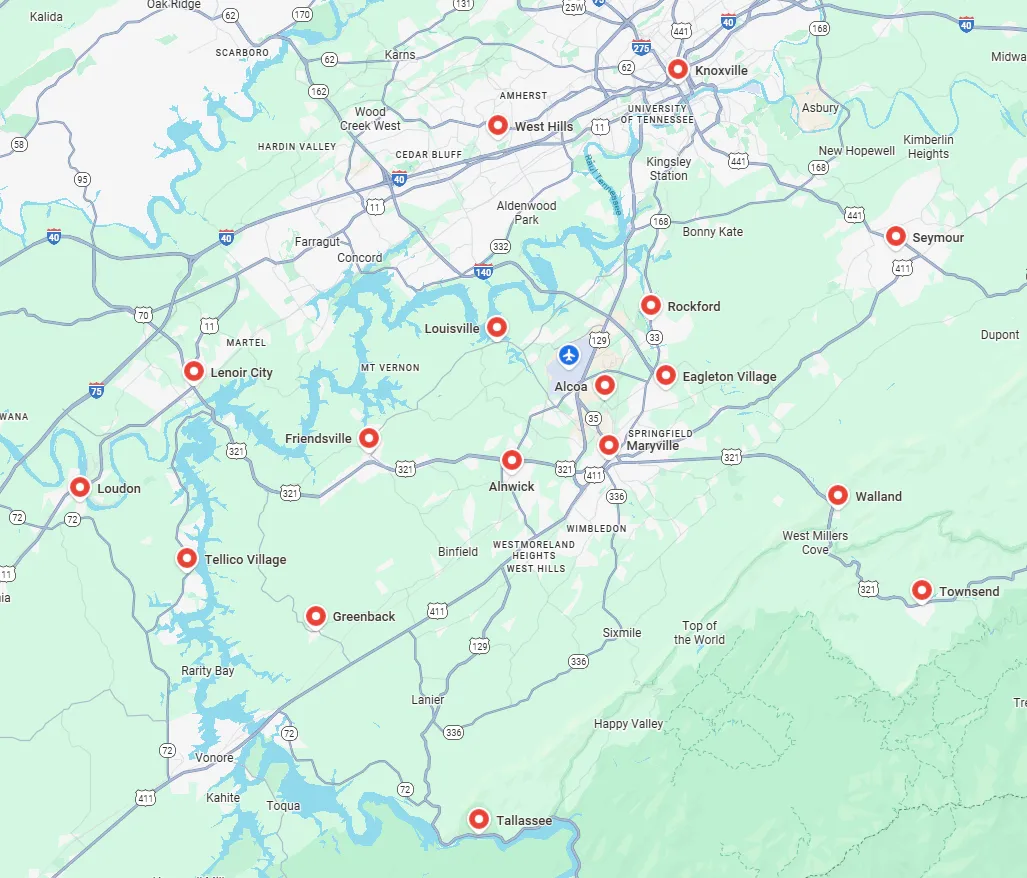Energy-Efficient HVAC Systems: What You Need to Know

Energy-Efficient HVAC Systems: What You Need to Know
As energy costs continue to rise and environmental concerns become more pressing, the demand for energy-efficient HVAC systems has never been higher. These systems not only help reduce energy consumption and lower utility bills but also contribute significantly to environmental conservation by reducing greenhouse gas emissions. This comprehensive guide will delve into the critical aspects of energy-efficient HVAC systems, providing you with essential knowledge to make informed decisions for your home or business.
Understanding Energy-Efficient HVAC Systems
Energy-efficient HVAC systems are designed to provide the same level of comfort as traditional systems but use significantly less energy. The primary components of these systems include energy-efficient air conditioners, heat pumps, furnaces, and ventilation systems. By integrating advanced technologies, these systems maximize energy use, ensuring that no energy is wasted.
The Importance of Energy Efficiency
Energy efficiency in HVAC systems is crucial for several reasons. Firstly, it reduces energy consumption, which directly translates to lower energy bills. Secondly, it decreases the carbon footprint, helping to combat climate change. Thirdly, energy-efficient systems tend to have a longer lifespan due to their advanced technology and superior performance.
Key Features of Energy-Efficient HVAC Systems
- High SEER and AFUE Ratings: The Seasonal Energy Efficiency Ratio (SEER) for air conditioners and the Annual Fuel Utilization Efficiency (AFUE) for furnaces are critical metrics. Higher ratings indicate more efficient systems. For instance, a SEER rating of 16 or higher is considered highly efficient.
- Variable Speed Technology: Energy-efficient HVAC systems often feature variable speed motors, which adjust the speed based on the system’s needs. This results in less energy consumption compared to single-speed motors that operate at full capacity all the time.
- Smart Thermostats: Integrating smart thermostats with HVAC systems can significantly enhance energy efficiency. These thermostats learn user preferences and adjust the temperature accordingly, ensuring optimal energy use.
- Energy Recovery Ventilators (ERVs): ERVs help maintain indoor air quality while conserving energy. They recover energy from exhaust air and use it to condition incoming fresh air, reducing the overall energy load on the system.
- Zoning Systems: Zoning systems divide a home or building into different zones, each with its own thermostat. This allows for precise temperature control, ensuring energy is only used where it’s needed.
Benefits of Energy-Efficient HVAC Systems
- Cost Savings: While energy-efficient HVAC systems may have a higher upfront cost, they offer significant long-term savings. Reduced energy consumption leads to lower utility bills, which can offset the initial investment over time.
- Environmental Impact: By consuming less energy, these systems contribute to a reduction in greenhouse gas emissions. This is crucial for mitigating climate change and preserving natural resources.
- Enhanced Comfort: Advanced features like variable speed motors and zoning systems ensure consistent and precise temperature control, enhancing overall comfort levels in homes and businesses.
- Improved Indoor Air Quality: Energy-efficient HVAC systems often come with superior filtration and ventilation options, improving indoor air quality by reducing pollutants and allergens.
- Longer Lifespan: Due to their advanced technology and superior build quality, energy-efficient HVAC systems tend to have a longer operational life compared to traditional systems.
Choosing the Right Energy-Efficient HVAC System
Selecting the right energy-efficient HVAC system involves considering several factors:
- Size and Capacity: Ensure the system is appropriately sized for your space. An undersized system will struggle to maintain comfort, while an oversized system will cycle on and off frequently, wasting energy.
- Climate Considerations: The local climate plays a significant role in determining the most suitable HVAC system. Heat pumps are ideal for moderate climates, while high-efficiency furnaces are better for colder regions.
- Installation and Maintenance: Proper installation is critical for maximizing efficiency. Ensure the system is installed by certified professionals. Regular maintenance is also essential to keep the system operating at peak performance.
- Energy Ratings: Look for systems with high SEER, AFUE, and HSPF (Heating Seasonal Performance Factor) ratings. These ratings provide a clear indication of the system’s efficiency.
- Rebates and Incentives: Many governments and utility companies offer rebates and incentives for installing energy-efficient HVAC systems. These can significantly reduce the overall cost of the system.
Advanced Technologies in Energy-Efficient HVAC Systems
Energy-efficient HVAC systems incorporate several advanced technologies to enhance performance and efficiency:
- Geothermal Heat Pumps: Geothermal heat pumps utilize the earth’s stable temperature to heat and cool buildings. They are highly efficient, with lower operating costs and a longer lifespan than traditional systems.
- Solar-Powered HVAC Systems: Solar-powered HVAC systems use solar panels to generate electricity, reducing dependence on the grid and lowering energy costs. They are an excellent option for regions with abundant sunlight.
- Inverter Technology: Inverter technology allows the HVAC system to adjust its output based on the cooling or heating demand, leading to significant energy savings. This technology is common in modern air conditioners and heat pumps.
- Advanced Air Filtration: Energy-efficient HVAC systems often come with advanced air filtration systems that remove more pollutants and allergens from the air, improving indoor air quality.
Maintenance Tips for Energy-Efficient HVAC Systems
Maintaining an energy-efficient HVAC system is crucial for ensuring its longevity and performance:
- Regular Inspections: Schedule regular inspections by a certified technician to identify and address potential issues before they become significant problems.
- Filter Replacement: Replace air filters regularly to maintain optimal airflow and indoor air quality. Dirty filters can reduce efficiency and increase energy consumption.
- Duct Cleaning: Ensure that the ductwork is clean and free from obstructions. Leaky or dirty ducts can significantly reduce the system’s efficiency.
- Thermostat Calibration: Calibrate your thermostat to ensure it accurately reflects the indoor temperature, preventing the system from overworking.
- Outdoor Unit Maintenance: Keep the outdoor unit clean and free from debris. Ensure there is adequate clearance around the unit for proper airflow.
Potential Challenges and Solutions
While energy-efficient HVAC systems offer numerous benefits, they also present some challenges:
- Higher Initial Cost: Solution: Consider the long-term savings and potential rebates and incentives to offset the higher upfront cost.
- Complex Installation: Solution: Ensure installation is carried out by certified professionals to avoid issues and maximize efficiency.
- Maintenance Requirements: Solution: Regular maintenance is essential. Develop a maintenance schedule and stick to it to ensure the system operates efficiently.
- Technological Compatibility: Solution: Ensure that any new technology or upgrades are compatible with your existing system to avoid integration issues.
Frequently Asked Questions (FAQ)
Q: What are energy-efficient HVAC systems?
A: Energy-efficient HVAC systems use advanced technology to provide heating and cooling with less energy consumption than traditional systems.
Q: Why should I invest in an energy-efficient HVAC system?
A: Investing in an energy-efficient HVAC system reduces energy bills, minimizes environmental impact, enhances comfort, and often has a longer lifespan.
Q: How do I know if my HVAC system is energy-efficient?
A: Check for high SEER, AFUE, and HSPF ratings. Energy-efficient systems typically have higher ratings compared to standard systems.
Q: Are there any rebates for energy-efficient HVAC systems?
A: Many governments and utility companies offer rebates and incentives for installing energy-efficient HVAC systems. Check local programs for details.
Q: How much can I save with an energy-efficient HVAC system?
A: Savings vary based on usage, but energy-efficient systems can reduce energy bills by up to 30% compared to traditional systems.
Q: Do energy-efficient HVAC systems improve indoor air quality?
A: Yes, many energy-efficient systems come with advanced filtration and ventilation options that improve indoor air quality by reducing pollutants.
Q: How often should I maintain my energy-efficient HVAC system?
A: Regular maintenance, including inspections, filter replacements, and duct cleaning, should be conducted at least twice a year.
Q: Can I retrofit my existing HVAC system to make it more energy-efficient?
A: Some components, like smart thermostats and advanced filters, can be retrofitted to improve the efficiency of existing HVAC systems.
Q: What is the lifespan of an energy-efficient HVAC system?
A: Energy-efficient HVAC systems typically have a longer lifespan, often lasting 15-20 years with proper maintenance.
Q: How do energy-efficient HVAC systems benefit the environment?
A: By consuming less energy, these systems reduce greenhouse gas emissions and help conserve natural resources, contributing to environmental conservation.
References
- ENERGY STAR: ENERGY STAR is a U.S. government-backed symbol for energy efficiency. They provide guidance on energy-efficient appliances, including HVAC systems.
- Department of Energy (DOE): The DOE offers tips and information on how to save energy in your home, including the use of energy-efficient HVAC systems.
- American Council for an Energy-Efficient Economy (ACEEE): ACEEE provides research and reports on energy efficiency, including heating and cooling systems.
- ACEEE Heating and Cooling
- Building Performance Institute, Inc. (BPI): BPI is an organization that supports the development of a highly professional building performance industry through standards and certifications.
- Consumer Reports: Known for their unbiased product reviews, Consumer Reports also evaluates HVAC systems for efficiency and reliability.
- The U.S. Green Building Council (USGBC): USGBC is committed to transforming the way buildings are designed. Their LEED certification program includes criteria for energy-efficient HVAC installations.
- Air Conditioning Contractors of America (ACCA): ACCA provides resources for contractors and homeowners to ensure HVAC systems are energy efficient and properly installed.
- International Energy Agency (IEA): IEA offers global insights on energy efficiency and sustainable practices, including those related to HVAC systems.





